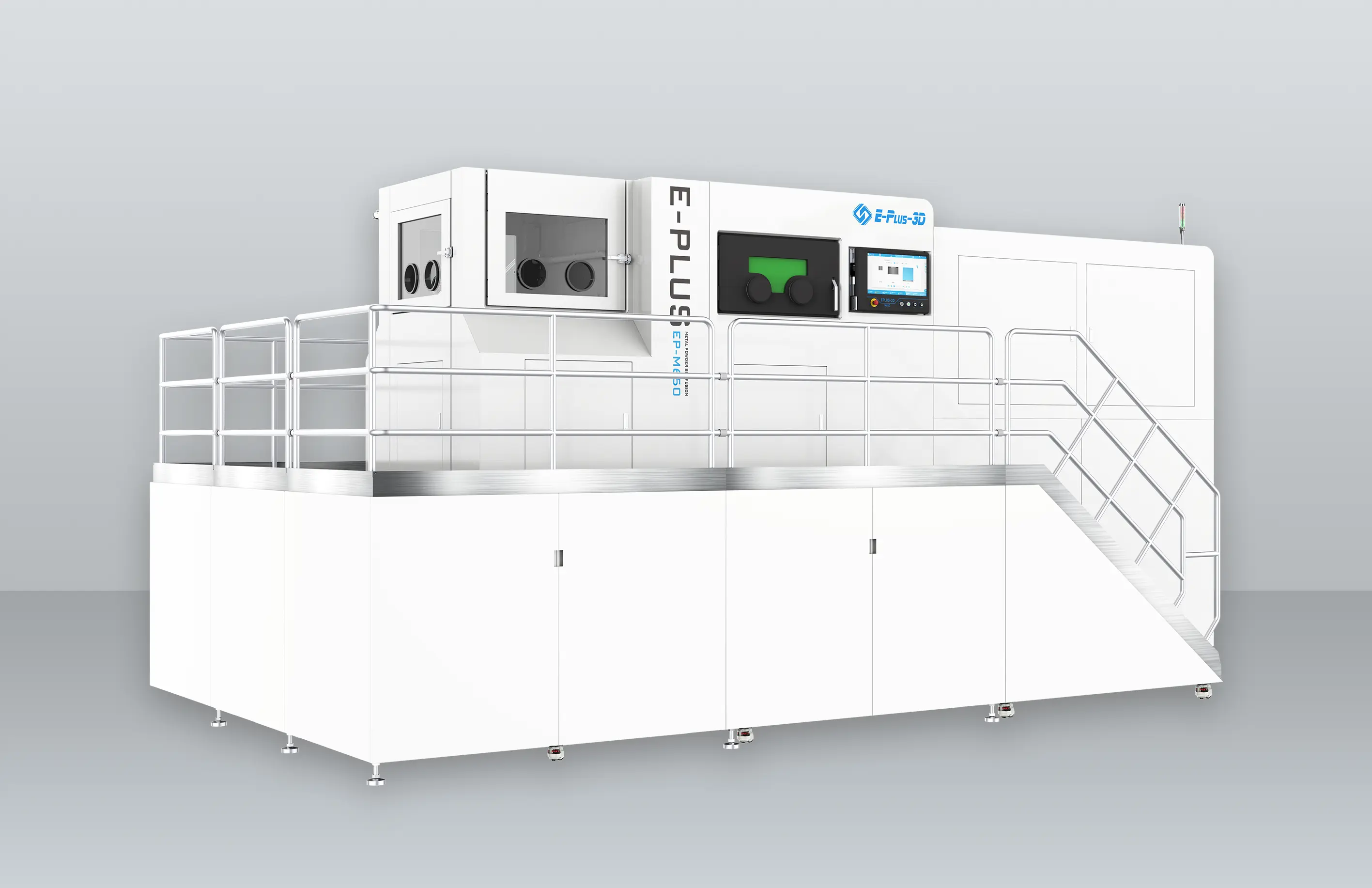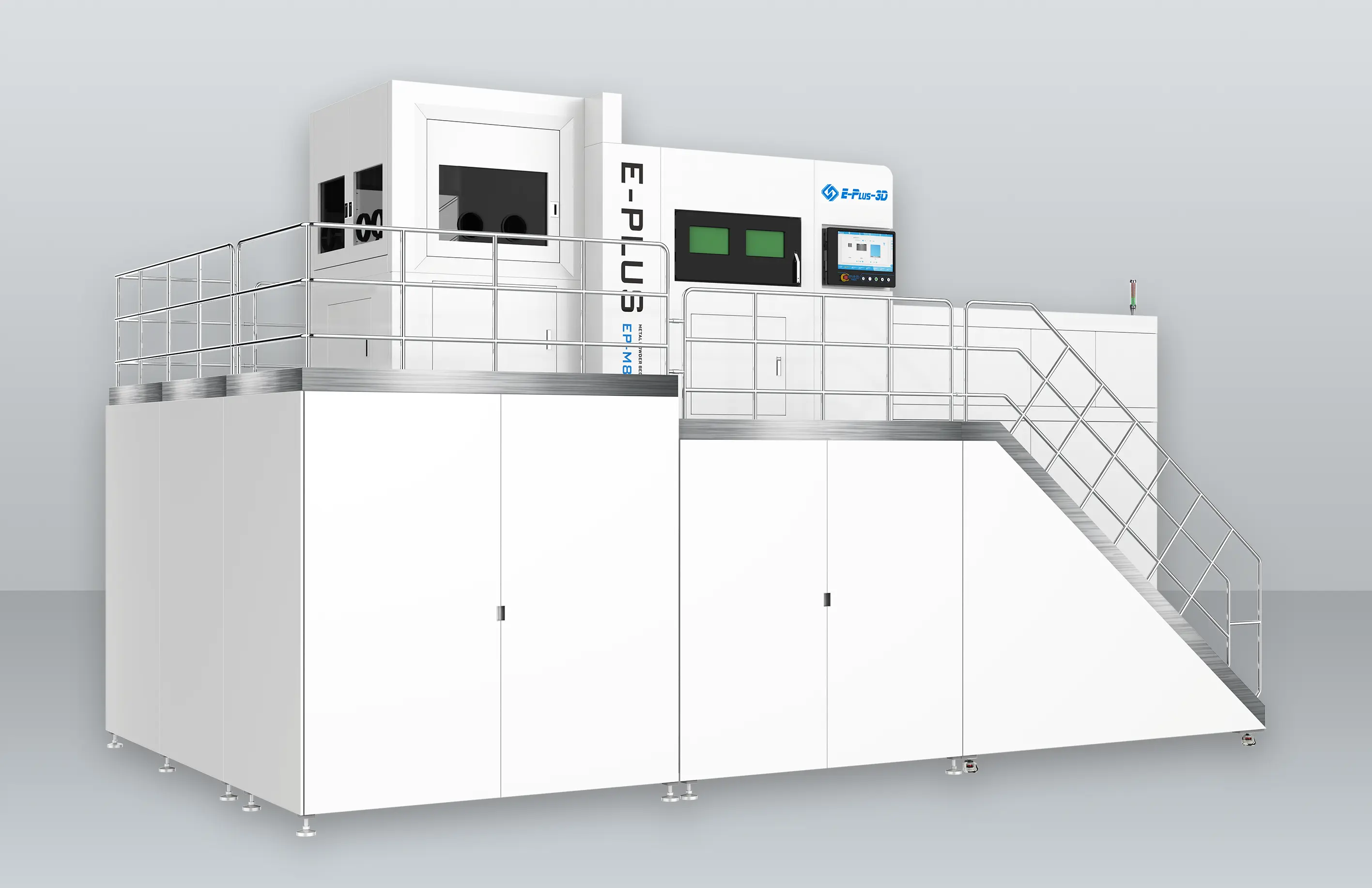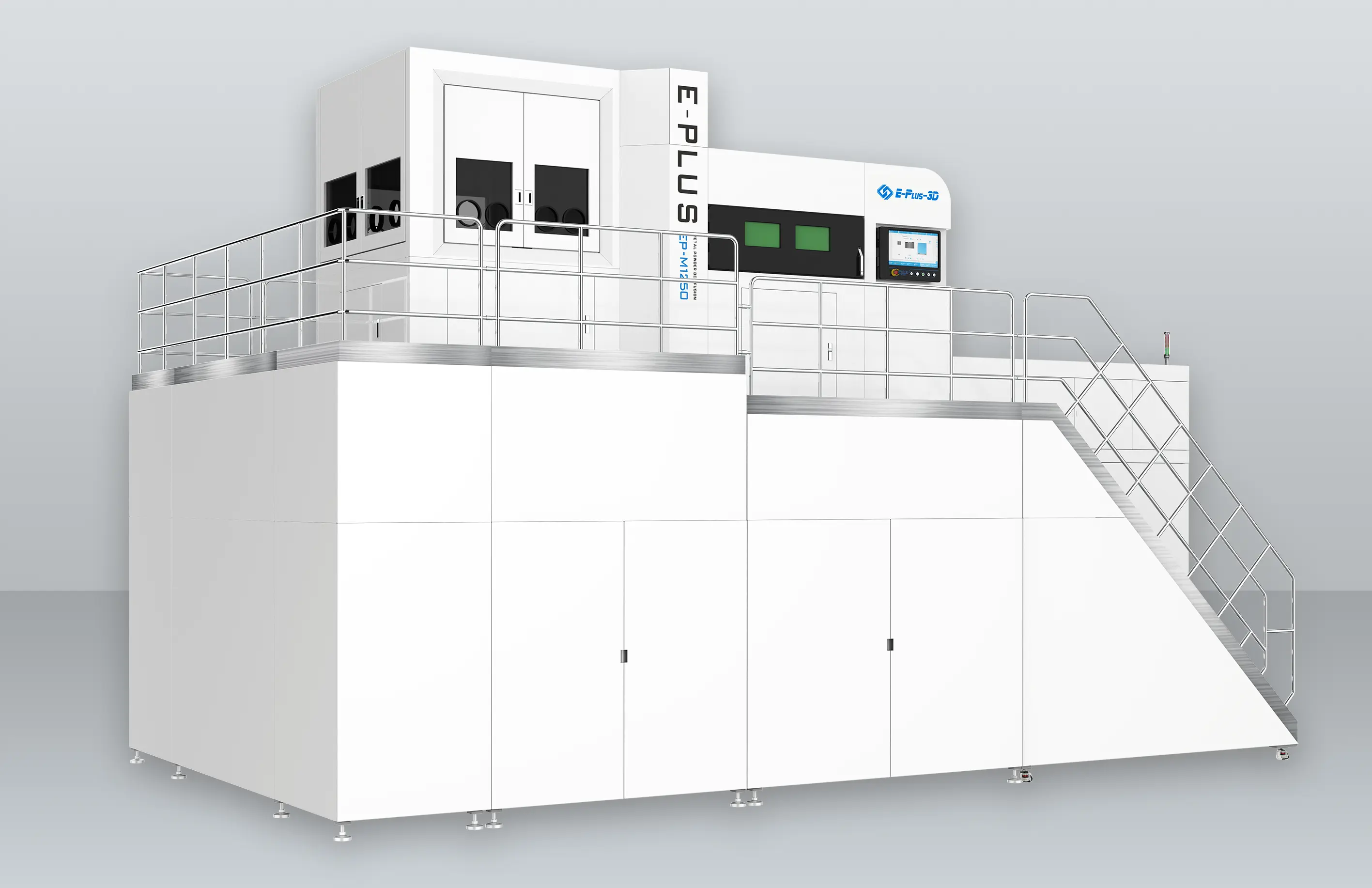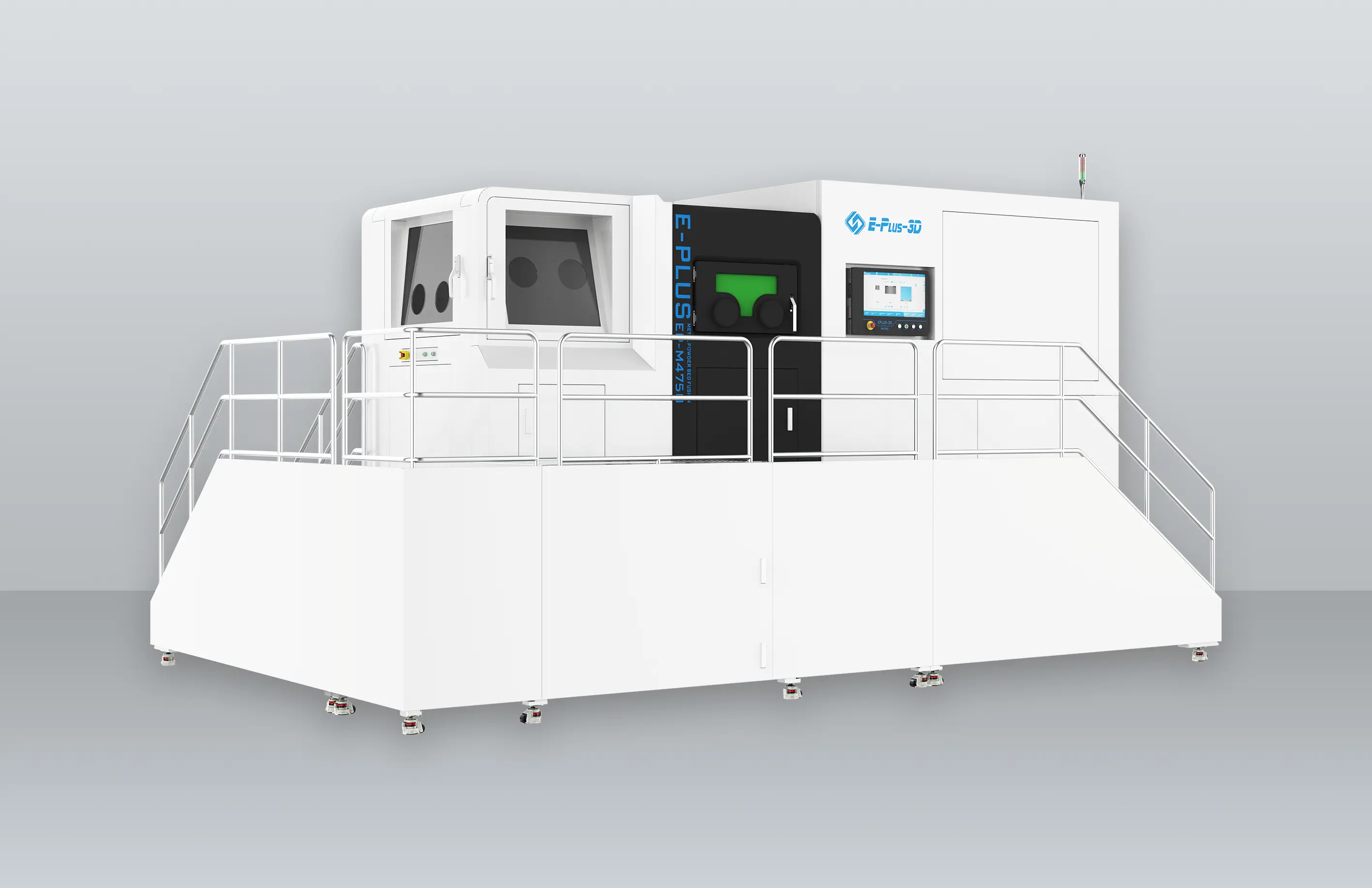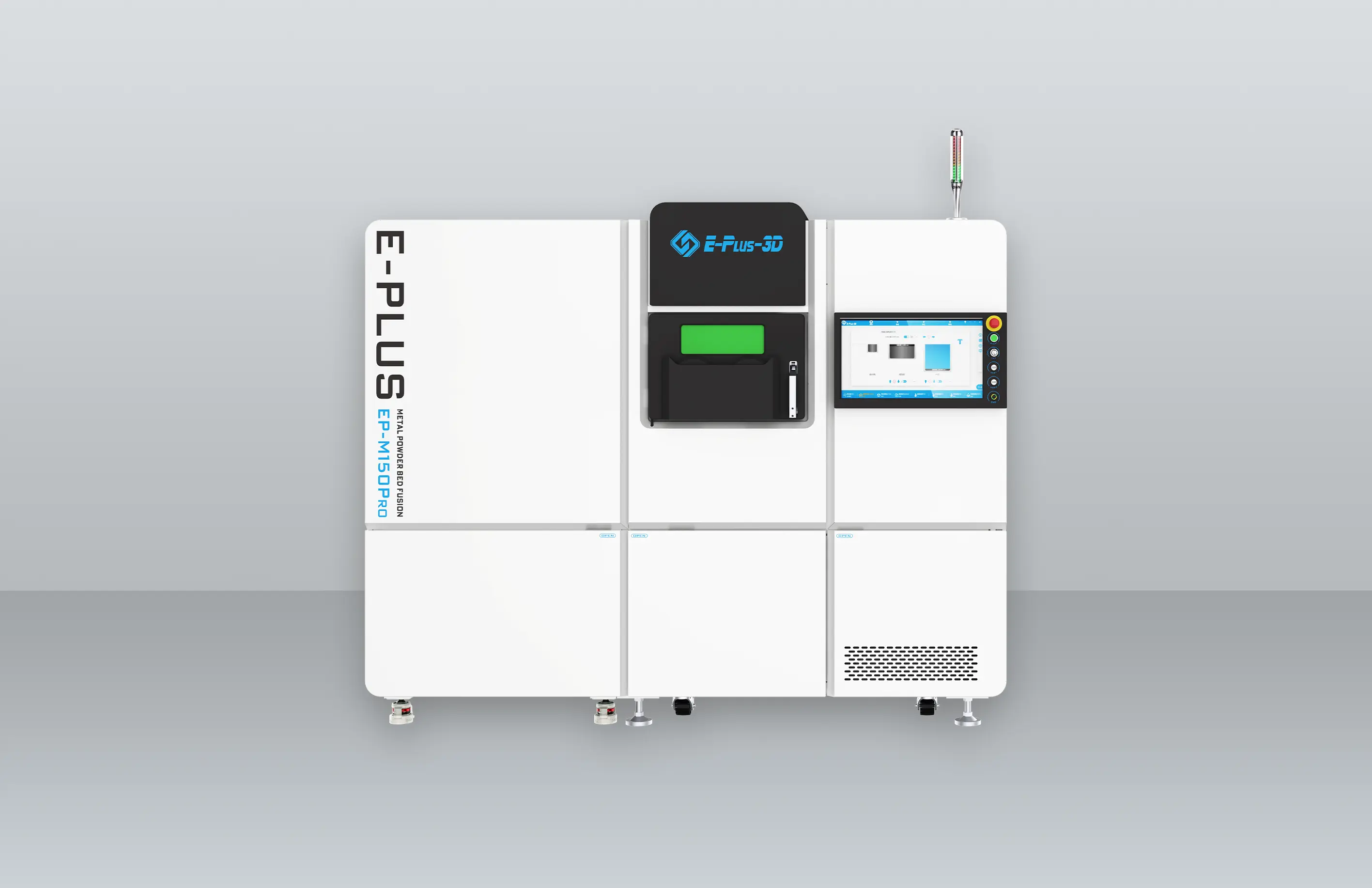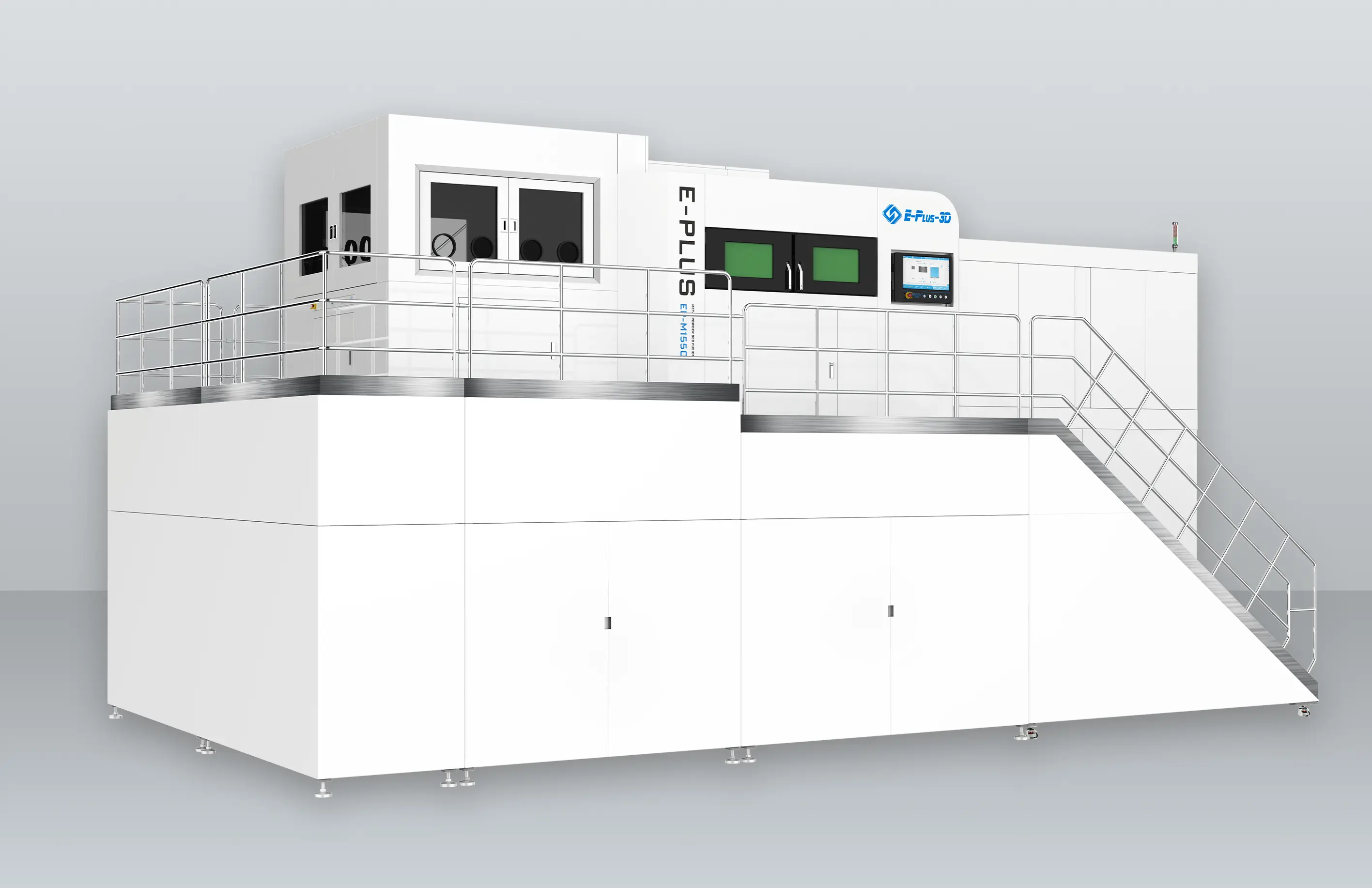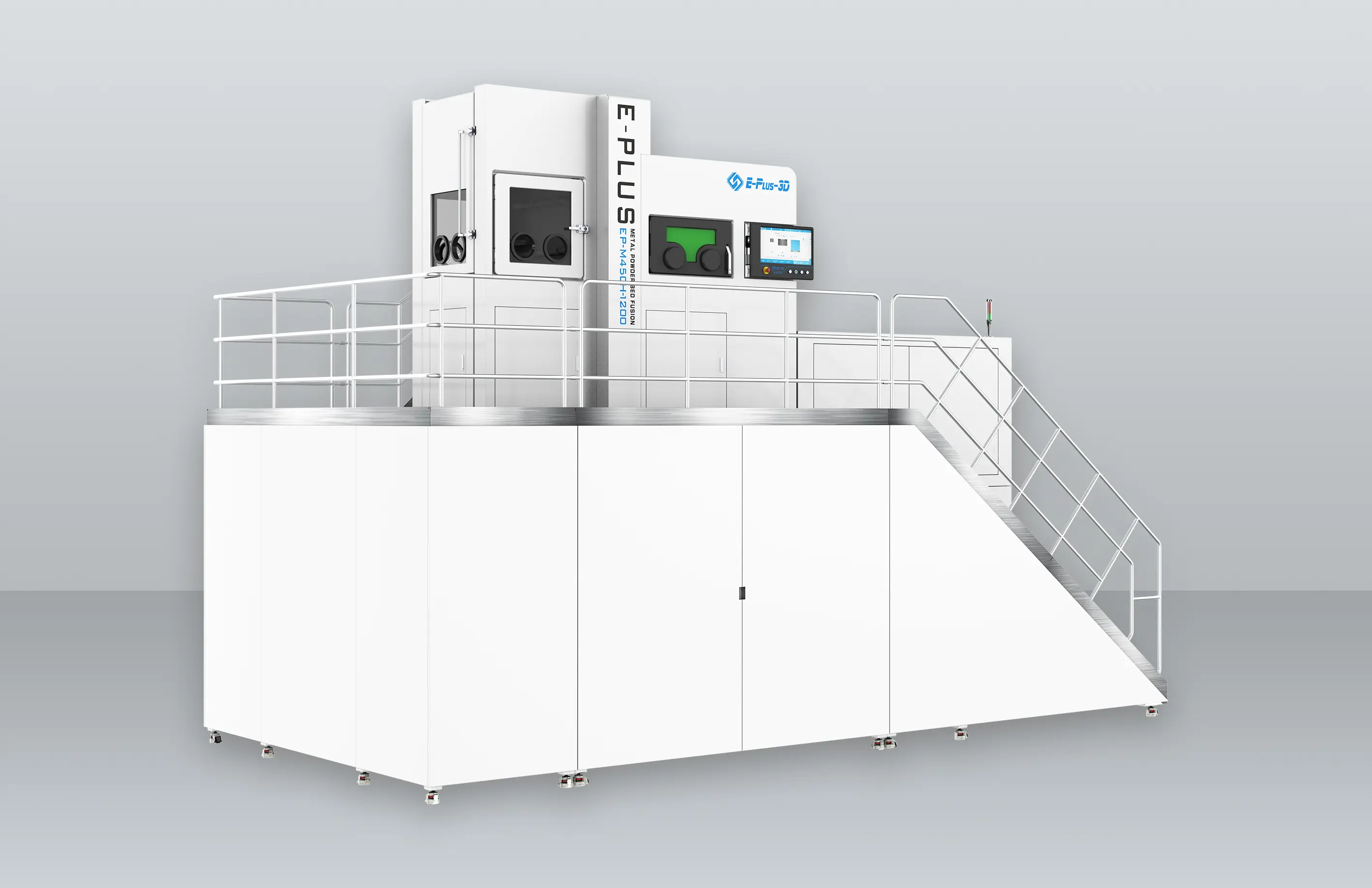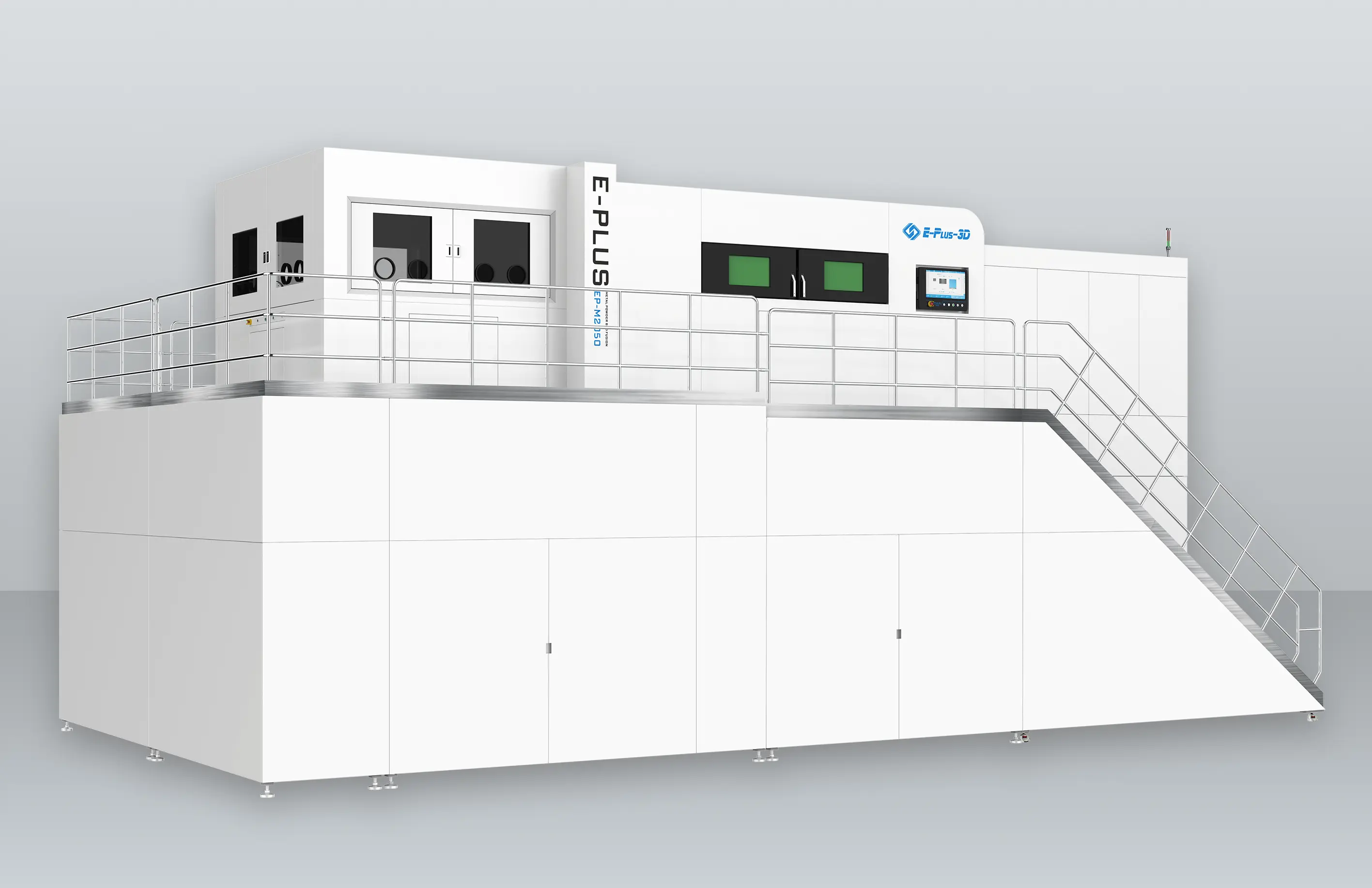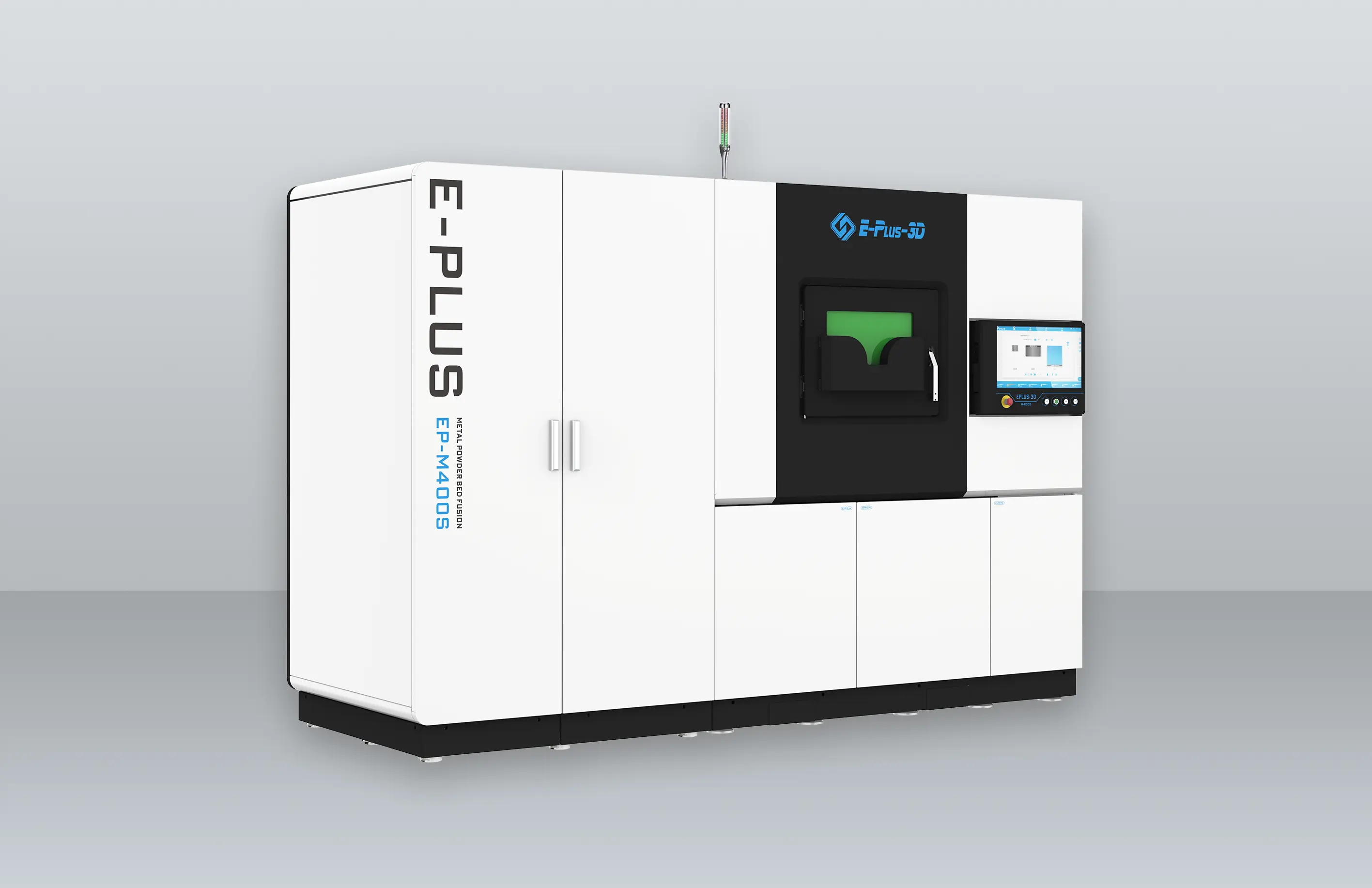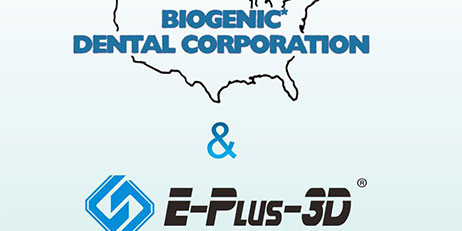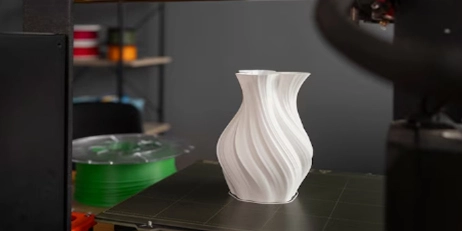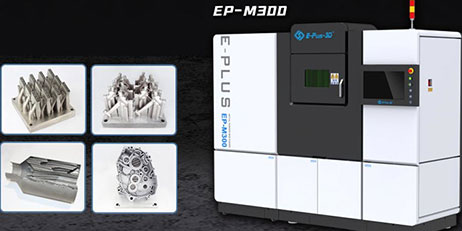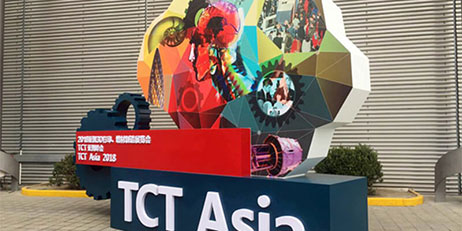In recent years, the field of orthopedics and prosthetics has witnessed a transformative shift with the introduction of Titanium Additive Manufacturing (AM). This cutting-edge technology has paved the way for innovative solutions in personalized implants and prosthetics, enhancing the quality of life for millions across the globe. In this blog, we will delve into the world of Titanium AM, exploring its applications, benefits, and potential for revolutionizing the field.
The Rise of Titanium Additive Manufacturing
Titanium AM has emerged as a game-changer in orthopedics and prosthetics, allowing for the creation of highly customized and intricate implants and prostheses. By utilizing advanced 3D printing techniques, this additive manufacturing process enables the production of complex geometries that traditional manufacturing methods struggle to achieve. The ability to fabricate implants with patient-specific adaptations opens up new possibilities for personalized treatments and improved outcomes.
Advantages of Titanium Additive Manufacturing
The utilization of Titanium AM brings forth a myriad of advantages that propel the field of orthopedics and prosthetics towards unprecedented advancements.
Design Freedom: Traditional manufacturing techniques often impose challenges when it comes to complex geometries. Titanium AM overcomes these limitations, providing designers and engineers with unparalleled freedom to create intricate structures that perfectly match patient needs. Through Titanium AM, the impossible becomes attainable.
Cost-Effectiveness: Despite initial higher costs associated with Titanium AM, this technology soon proves to be economically advantageous. Customized implants and prosthetics reduce the need for revision surgeries and minimize post-operative complications, ultimately saving patients and healthcare systems substantial costs in the long run.
Enhanced Biocompatibility: Titanium, in itself, exhibits excellent biocompatible properties, making it an ideal material for orthopedic implants and prosthetics. The additive manufacturing process ensures precise fabrication, resulting in implants that seamlessly integrate with the patient's body, reducing the risk of rejection or adverse reactions.
Applications in Orthopedics
Titanium AM has found extensive applications in the field of orthopedics, revolutionizing treatment options and patient outcomes.
Customized Implants: With the ability to personalize implants based on a patient's unique anatomy and pathology, Titanium AM offers a new era of customized orthopedic solutions. Physicians can now provide patients with implants tailored to their exact requirements, contributing to improved surgical precision and better patient satisfaction.
Complex Structures: Conventionally, orthopedic surgeries involving intricate structures such as spinal cages or cranial implants posed significant challenges. With Titanium AM, the production of complex geometries becomes feasible, enabling the creation of tailored implants for precise anatomical fit and improved functionality.
The Future of Prosthetics
Titanium AM has brought remarkable advancements to the field of prosthetics, enhancing the lives of individuals with limb loss.
Prosthetic Limbs: Traditional prosthetic limbs have limitations in terms of fit, comfort, and durability. By leveraging Titanium AM, prosthetic limbs can be personalized, offering a superior fit and increased comfort for the wearer. Additionally, Titanium AM allows for the integration of advanced sensors and electronics, enabling enhanced functionality and a more natural user experience.
Osseointegration: Titanium AM plays a pivotal role in osseointegration, a surgical procedure where prosthetic limbs are attached directly to the skeletal bone. This technology allows for seamless integration between the prosthesis and the body, improving stability, mobility, and overall quality of life for amputees.
Titanium Additive Manufacturing has revolutionized the fields of orthopedics and prosthetics, opening up new possibilities for personalized treatment and improved patient outcomes. With its design freedom, cost-effectiveness, and enhanced biocompatibility, this groundbreaking technology offers a promising future for both patients and healthcare providers. As Titanium AM continues to evolve, it holds the potential to transform the way we approach orthopedic surgeries and prosthetic interventions, ultimately empowering individuals to live life to the fullest.





